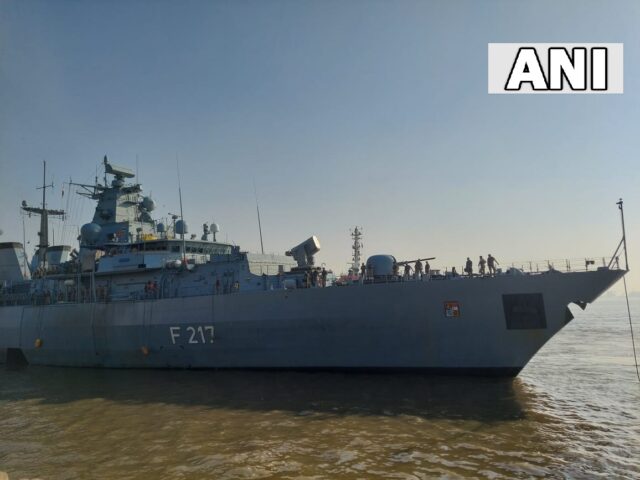India and Germany always had trust, mutual respect, and understanding about the conventional and new-age challenges. Under the leadership of Prime Minister Narendra Modi and the Chancellorship of Olaf Scholz, both countries are opening up a new avenue of prospects and cooperation. The countries share similar concerns over conventional security and non-traditional security threats such as extremism, environment, non-state actors.
India, Germany, and Security Dynamics
Given the shared culture of democracy and faith in the international order, India and Germany have institutionalized mechanisms to deal with bilateral issues such as security and defence and global issues such as UN issues, International Cyber Issues, Disarmament & Non-proliferation, Export Control, and host of regional issues. Given the dynamic and evolving landscape of security, Germany in the last two decades has shown keen interest in Southeast Asia, South Asia, and Indo-Pacific. India too has a deep interest in these regions. The leadership has worked to reprioritize national agendas, reposition national interest beyond Europe, and form soft alliances to expand defence and security cooperation to address emerging challenges.
The India-Germany Defence Cooperation Agreement signed in 2006 provides a framework for bilateral defence and strategic cooperation. The German Defence Minister Ursula von der Leyen visited India in May 2015, followed by Indian Defence Minister’s visit to Berlin in February 2019. To further deepen the bilateral engagement between the defence industry and defence cooperation, an Arrangement on the Implementation of the Agreement of October 2006 concerning Bilateral Defence Cooperation was signed in February 2019 during the visit of the Indian Defence Minister to Berlin. The focus of these arrangements was to seek deeper cooperation on security and defence issues, which includes the exchange and training of military personnel, cooperation towards joint defence productions as well as increased technology transfer.
A High Defence Committee (HDC) meets once per year, where tops officials of the German MoD and the defence secretary of the Indian MoD participate and discuss the modalities of projects and other dialogues. Over the years, the defence ministers have met in New Delhi and Berlin, alternately, once in two years to discuss issues of bilateral interest.
Prior to these agreements, the bilateral defence ties focussed only on the armament sector.
On the question of terrorism, both Indian Prime Minister Narendra Modi and the former German Chancellor Angela Merkel have stressed the need for international partnership to combat the menace. During Merkel’s visit to India in 2019, the leaders agreed to enhance bilateral defence cooperation as strategic partners. Germany agreed to export military equipment to India in line with international and regional guidelines. The sides signed 11 pacts, covering space, maritime, and more.
Extending the Make in India idea, Prime Minister Modi invited the German leader to take advantage of Defence corridors in Uttar Pradesh and Tamil Nadu. A German defence manufacturer had expressed interest in setting up facilities in Uttar Pradesh. There were talks to extend cooperation between the navies (maritime security), keeping in mind the stability of the Indian Ocean Region. The leaders showed commitment to the free movement of commerce and navigation, highlighting the importance of the United Nations Convention on the Law of the Sea (UNCLOS) 1982.
In August 2021, India and German navies participated in a joint drill in the Gulf of Aden, near Yemen. Indian Navy’s frigate Trikand and Germany’s Bayern took part in this exercise. The drill focussed on interoperability and best maritime practices.
Germany is India’s trusted partner when it comes to maritime security. In the decades of 1980s and 1990s, Germany had supplied submarines to India. Talks have been on to set up facilities between German manufacturers and Indian partners for submarine production.
Recently the defence ties further elevated the relationships when Foreign Secretary Harsh Vardhan Shringla and Germany’s navy chief Kay-Achim Schönbach held maritime security cooperation talks and a German warship entered Indian waters for a rare port call in Mumbai. This is a beginning new chapter in Indo-German relations.
Conclusion
India and Germany will have several areas to cooperate in the coming years, including areas beyond the conventional security domain. Like India, Germany too, has committed to meeting carbon-emission controls and the two countries can work together towards meeting those goals. Given the latest pandemic, the countries can focus to bring together the best minds in the health industry to find solutions for diseases. India and Germany, like true democracies, will stay committed to free movement and trade.









